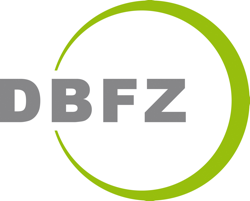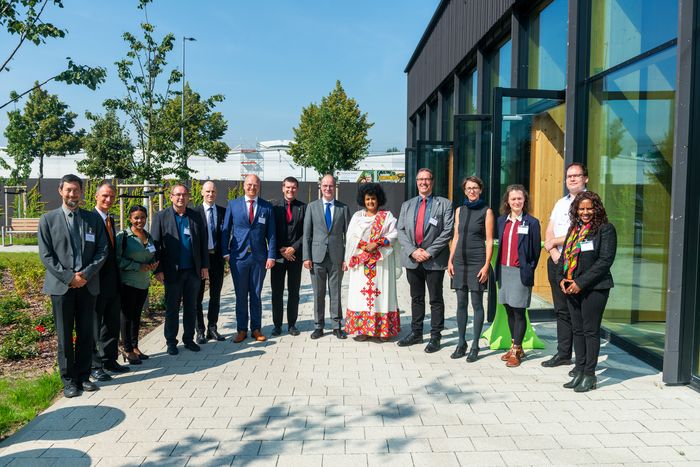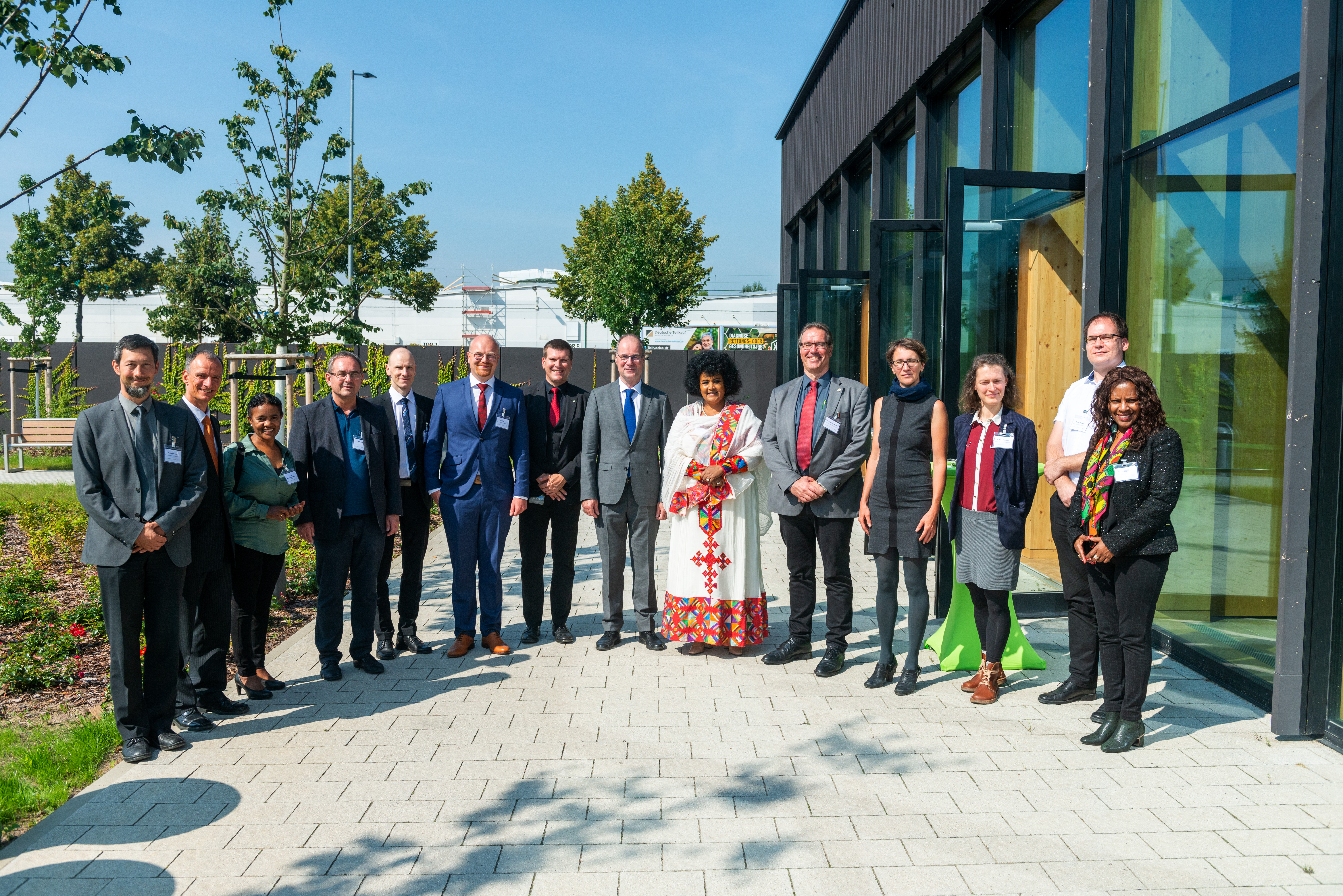DBFZ brings Saxons know-how to Africa with the "ETH-Soil" project
In the presence of the Ethiopian Ambassador, H.E. Mulu Solomon Bezuneh, representatives of the Saxon State Chancellery and project managers from DBFZ, the official launch of the "ETH-Soil" project for soil improvement in Ethiopia took place on 6 September. The aim of the five-year project coordinated by DBFZ is to improve food security in three pilot regions in the Oromia region of Ethiopia through the application of biofertilisers from pyrolysis and biogas plants.
Ethiopia is the second largest country in Africa in terms of population and hosts the African Union. Despite annual economic growth averaging 10 percent, the majority of population is working in the agricultural sector and are small holder farmers, operating on degraded soils. The "ETH-Soil" project, which has now been launched and is coordinated by DBFZ, is intended to make a significant contribution to the national implementation of the "Agenda 2030" of the Federal Ministry for Economic Cooperation and Development (BMZ), as well as to develop solutions for combating hunger through untapped agricultural potential. With a project sum of 18.4 million euros, the aim is to rehabilitate degraded soils by processing various agricultural residues using compost and bioenergy technologies (biogas and pyrolysis). The project makes a long-term contribution to food security for small and micro farmers with low incomes in rural regions. Closely linked to projects already implemented by international partners in the country are also the capacity building work packages implemented for the education and training of professionals in the region, which are an essential factor for the sustainability of the project.
DBFZ is expanding its existing portfolio of projects and measures in Africa with this project and is making a significant contribution to bringing the technologies, skills and experience developed in Germany, and in Saxony in particular, to Ethiopia and, in the long term, to Africa as a whole, for the benefit of the local people. "I am personally very pleased that Saxony is a pioneer in the field of knowledge and technology transfer. The expertise available in our Free State enriches the work of our development cooperation and can help to stem the rural exodus and migration in this region of the world," says Carsten Körber (MP) from Zwickau, who was instrumental in getting the project off the ground. For the scientific managing director of the DBFZ, Prof. Dr Michael Nelles, the integration of the Saxon research centre into the strategic work of the BMZ represents an important step towards making knowledge "made in Saxony" available worldwide: "Global challenges require cooperation across national borders. Against this background, I am very pleased that we can become even more involved in the development cooperation of the Federal Republic than before." The project, which will run until 2026, is being carried out in cooperation with the Ethiopian Ministry of Agriculture. Further information at: www.eth-soil.com
Smart Bioenergy – innovations for a sustainable future
The DBFZ works as a central and independent thinker in the field of energy and material use of biomass on the question of how the limited available biomass resources can contribute to the existing and future energy system with sustainability and high efficiency. As part of the research the DBFZ identifies, develops, accompanies, evaluates and demonstrates the most promising fields of application for bioenergy and the especially positively outstanding examples together with partners from research, industry and public. With the scientific work of the DBFZ, the knowledge of the possibilities and limitations of energy and integrated material use of renewable raw materials in a biobased economy as a whole should be expanded and the outstanding position of the industrial location Germany in this sector permanently secured – www.dbfz.de/en.


